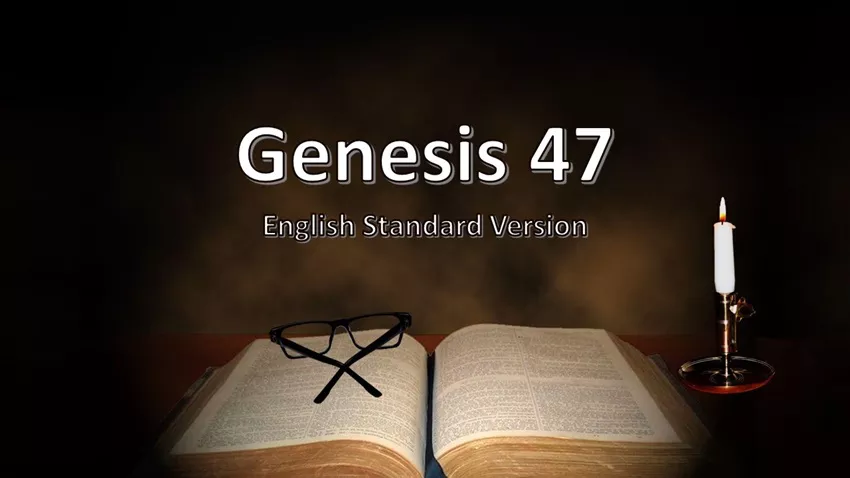Genesis Chapter 47 Summary
Genesis Chapter 47 describes the continuation of Jacob’s family’s settlement in Egypt. Joseph presents his father Jacob to Pharaoh, and Jacob blesses Pharaoh, acknowledging God‘s faithfulness throughout his life. Joseph then negotiates with Pharaoh to give his family land in the land of Goshen, where they can thrive as shepherds. During the famine, Joseph also buys up all the land of Egypt for Pharaoh, except for the priests’ land, in exchange for food, securing Egypt’s future. Jacob’s family flourishes in Goshen. As Jacob nears death, he makes Joseph promise to bury him in Canaan, not in Egypt. This chapter demonstrates God’s provision during a time of hardship and the establishment of the Israelites in Egypt.
Bible Genesis Chapter 47
Welcome to read Genesis Chapter 47. Here is the list of Genesis Chapter 47:
What Does Genesis Chapter 47 Teach Us?
Genesis Chapter 47 continues the story of Joseph and his family in Egypt. It provides significant lessons on God’s providence, the importance of wise leadership, and the role of faith in challenging circumstances. This chapter also highlights themes of stewardship, humility, and God’s sovereignty in human affairs.
God’s Provision in Difficult Times
One of the key lessons in Genesis 47 is the demonstration of God’s provision, even in times of crisis. The chapter begins with Joseph bringing his father Jacob (Israel) and his brothers before Pharaoh, and Jacob blesses Pharaoh. The family settles in the land of Goshen, a fertile area in Egypt. Despite the ongoing famine, which has devastated the surrounding regions, Joseph ensures that his family is well cared for. This reflects the theme that, in times of trial and uncertainty, God provides for His people, just as He provided for Jacob and his family during the famine. It teaches us to trust in God’s faithfulness, knowing that He will take care of us even in the most challenging circumstances.
Wise Leadership and Stewardship
Another significant lesson in Genesis 47 is the wisdom displayed by Joseph in managing the crisis. As Egypt faces the severe famine, Joseph ensures the survival of not only his family but also the people of Egypt. He wisely collects grain during the years of plenty, and during the famine, he sells it to the people, ultimately consolidating power for Pharaoh. This teaches the importance of wise stewardship and planning, especially in times of prosperity, to ensure that we are prepared for inevitable challenges. Joseph’s leadership underscores the importance of foresight and responsible management in both personal and collective matters.
Humility and Faith in God’s Sovereignty
When Jacob meets Pharaoh, he humbly acknowledges his years as “few and evil” (verse 9), demonstrating a heart of humility. Despite his greatness as the father of the twelve tribes of Israel, Jacob recognizes that his life, though blessed, has been full of hardship. This humility and perspective remind us to remain grounded in our faith, acknowledging that, though we may experience hardships, God’s sovereignty is always at work in our lives.
Related topics:


